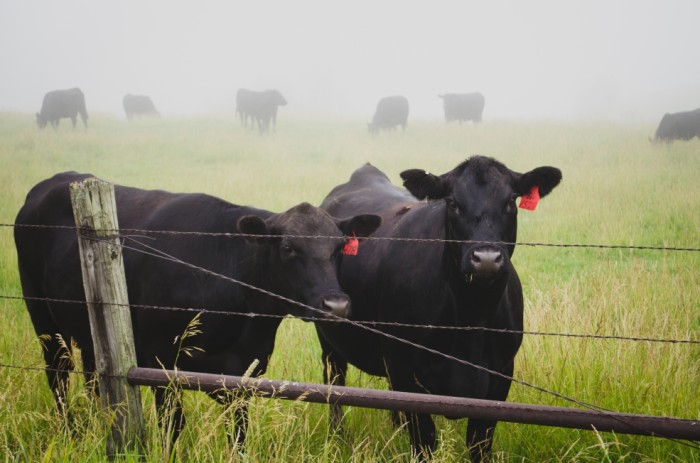The subject of compassion is one that has always interested me, especially when it comes to animals. Why is it that for some people, watching a heart-wrenching undercover investigation video of a factory farm can be life changing, while for others it has absolutely no effect?
To start with, it’s important we explore the following question:
What exactly is compassion?
By definition, compassion is the sympathetic feeling that we experience when we perceive that others are in distress. This differs from sympathy in that compassion is accompanied by the desire to help.
Scientific evidence has suggested that both animals and humans are born with a “compassionate instinct,” a phrase coined by Dacher Keltner at the University of California. Further research has proven time and time again that our first instinct is to help others. The trait of compassion is so integral to our survival that it has been passed on for generations, as a means of survival of the species. At an instinctual level, compassion compels one to help those in need, resulting in the greater good of the species.
As children, most of us tend to show some natural inclination to love animals. Sadly, at some point we are then taught that only a select few animals are to be loved, while others must be treated as food. What is it then, that causes some people to break free from these reinforced beliefs and adopt a lifestyle that promotes love for all species?
A clue to a possible answer to this question could be found in a study published a few years ago that, through brain scans, showed both vegetarians and vegans appear to have a more empathetic response to the suffering of both human and animal alike, than meat eaters do. This is not to say that vegetarians and vegans are necessarily better people, but it seems to explain a lot. I had always wondered why watching videos of animal cruelty in factory farms left me devastated, while it had little to no effect on some people. There might literally be a difference in the way our brains respond to the suffering of animals or humans. That is what prevents some of us from being able to ignore the suffering of other creatures.
Another reason why some people may seem like they lack compassion could have something to do with a phenomenon called the “the collapse of compassion.” Most people tend to feel more compassion for a single victim than for multiple victims. Which explains why the social media mob displayed so much more compassion, empathy, and awareness for Cecil the Lion, than they do for the millions of animals that are slaughtered each year for food in the US alone. When there are more victims involved, people become more afraid of being overwhelmed by their emotions. People are concerned that the emotional burden of many suffering victims may become too much to bear, so in a sense, they subconsciously curb their compassion. It is a defense mechanism, a way for people to protect themselves from the extreme pain they would feel if they allowed themselves to fully empathize for multiple victims.
Most people do not want to accept that their own actions are directly contributing to mass suffering of millions of innocent creatures. Perhaps, turning a blind eye, not thinking about it, and not watching the videos, makes it much easier to face the fact that we have something to do with their suffering and that we continue to do so each day.
The best thing we can for our future generations, is to teach children compassion for all creatures, not selective compassion. If we start by making the arbitrary distinction between good and bad animals, we set the foundation for harboring other prejudices later in life. The implications for reinforcing children’s compassionate instinct are manifold. Studies by Frank Ascione, Phil Arkow, Barbara Boat, (as well as many other studies) have shown that children who are cruel to animals are significantly more likely to commit violence against humans later in life. It becomes clear that compassionate relationships with animals are integral to the creation of both more ethical human beings and a more compassionate world.
A more peaceful society is possible when we can demonstrate love and understanding for all living creatures. We are fortunate that every human being is hardwired for compassion, and that with education, compassion can always be cultivated. We can start by living a more compassionate lifestyle and by being better to each other. Let’s create a better world by teaching compassion and love for all, not just for some.
More on animal ethics: Is Your Coconut Oil Contributing to Animal Abuse?
The Problem of Keeping Animals in Zoos
Get more like this–sign up for our newsletter for exclusive inspirational content!
__
Photo: Kelly Sikkema via Unsplash





